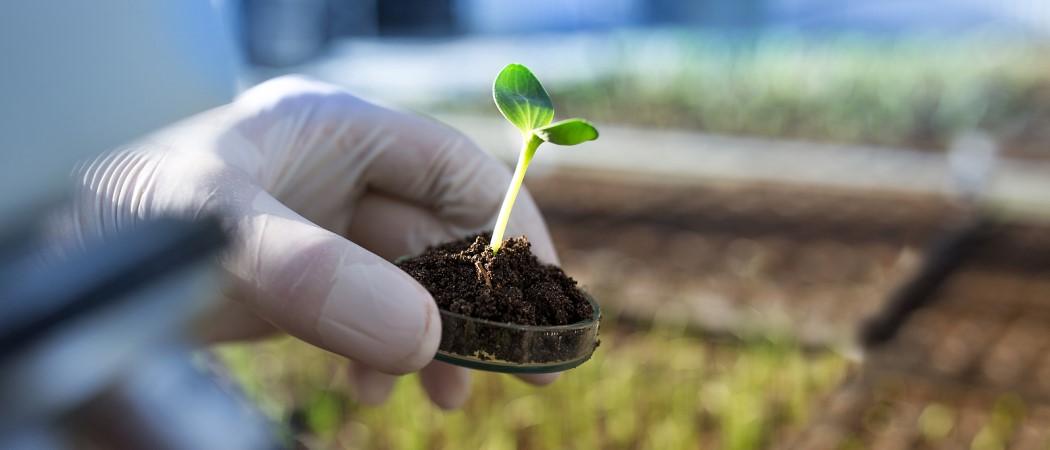Pressure is mounting for restrictions on genetically modified organisms to be lifted. The legal framework is not fit for purpose, says a new report

The European Federation of Academies of Sciences and Humanities (ALLEA) is calling for the EU to lift restrictions on genetically modified crops to allow the use of genome editing that does not involve the introduction of foreign genes.
That would help Europe develop more productive, climate-friendly, and resilient crops, and bring the EU up to date with recent scientific developments, a report by ALLEA says.
In 2018, the European Court of Justice ruled that precision breeding using genome editing is subject to the 2001 EU directive banning genetically modified organisms.
Now the EU is coming under increased pressure to rethink the court ruling, to deliver on its ambitions for sustainable agriculture and to combat climate change-induced desertification in Europe.
The academies say there is growing consensus among scientists, policymakers, and civil society organisations that the EU GMO legislation is outdated and must be reviewed. Currently, a long and costly authorisation process makes it nearly impossible to commercialise genetically modified crops. Rather than being subject to GMO legislation, genome-edited crops should come under traditional plant breeding rules, the report says.
The court ruling was a major setback for crop research in Europe. Researchers in 120 institutions across Europe are appealing to the commission to reverse it. “These new technologies may contribute to a reduction of the environmental footprint of agriculture,” the report says.
EU agriculture ministers have asked the European Commission to complete a study into the status of genome edited in plant and animal breeding under EU legislation by April 2021.
ALLEA’s report says targeted genome edits that do not introduce foreign DNA are as safe as classical breeding techniques, based on current scientific evidence.
There are four scenarios the EU could follow:
- Do nothing.
- Exploit existing mechanisms in the EU GMO legislation, for example, introducing simpler risk assessment requirements for certain GMOs that are considered safer, an exception that is allowed under article 7 of the directive.
- Make small changes to the legislation to align EU GMO legislation with the legislation in other major nations in the world.
- Thoroughly revise the rules of the rules, engaging countries outside the EU to ensure alignment of policies around the world.
The end goal should be to allow gene editing to help Europe reach its green goals, reducing the use of chemicals and developing saline and drought resistant crops.
There should be an open debate, engaging all stakeholders before introducing genome edited products to European markets, the report says.





 A unique international forum for public research organisations and companies to connect their external engagement with strategic interests around their R&D system.
A unique international forum for public research organisations and companies to connect their external engagement with strategic interests around their R&D system.